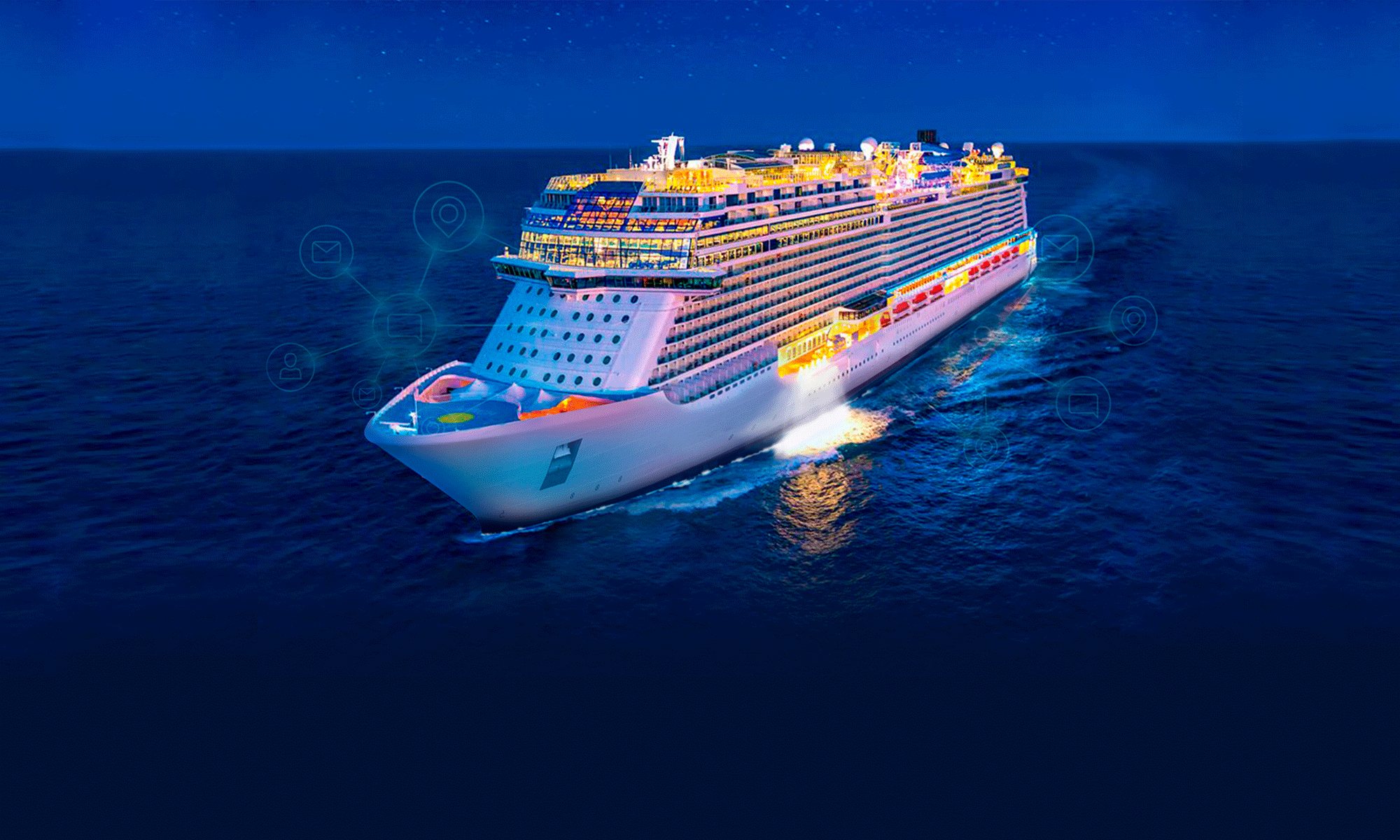There is no doubt that the hospitality industry was one of the most affected by the Covid-19 pandemic. Luckily, in 2022 hopes are on the rise – U.S. hotel demand will near full recovery this year, according to the upgraded forecast released by STR and Tourism Economics.
However, the world is not the same and neither are travelers. Hotels, cruise ships, and restaurants will have to adapt to the new tourist’s necessities if they want to take advantage of what will seemingly be a year of recovery.
Let’s take a look at the top 10 trends in the hospitality industry for 2022:
1- Contactless experiences
Digital and contactless services’ popularity has spiked since the beginning of the pandemic, and by 2022, we can say this is a trend that is here to stay. Mobile check-in, contactless payments, virtual queuing, virtual front desk, voice control, and biometrics will be a must.
2- Heath diagnostic technology
Technology will also be a powerful partner to prevent the spread of coronavirus. This is the case of health technology apps that allow checking passengers’ and staff’s vital signs, and the response to health questionnaires. Using the smartphone front-facing camera, these apps capture vital signs that can then be seamlessly shared with medical staff during a video call. When a contagious guest or staff member is identified, this technology can also perform contact tracing to identify other people who may have had significant contact with that person so they can also be tested and quarantined, if necessary.
3- Remote work and leisure travel
The Covid-19 pandemic forced companies to embrace remote work from one day to another. Two years later, it seems like this will be more than a passing trend: high-profile companies such as Twitter and Facebook have announced that they will remain remote even after the pandemic or adopt a hybrid and more flexible approach.
This change in the way of working plus the increasing blending of business and leisure travel creates a perfect opportunity for hotels and cruise ships, which should adapt to this new panorama by adding plug sockets, providing high-speed WIFI, and having comfortable workspaces. In the case of cruise ships, it will be fundamental to provide access to ship VoIP calling, maritime instant messaging, as well as ship PBX.
4- Personalization
According to Business Wire, 80% of consumers are more likely to shop with brands that show they understand them. For this reason, it is important to personalize services like never before, from communications and marketing to rooms and entertainment.
5- Solo travel
In the age of mindfulness and meditation, people are venturing to travel more on their own. For this reason, hotels have started to build more “homey” environments and offer better accommodations for solo travelers. Some cruise ships, for example, are offering discounts and sales, as traveling solo is usually more expensive than sharing the room with somebody else.
6- Sustainability
According to Booking.com’s 2021 Sustainable Travel Report, 83% of global travelers think sustainable travel is vital, with 61% saying the pandemic has made them want to travel more sustainably in the future. In consequence, hotels are taking actions like eliminating single-use toiletry bottles, adding recycling bins to guestrooms, and using compostable to-go containers and utensils. The Cruise Lines International Association (CLIA), on the other hand, has committed to pursuing net carbon neutral cruising by 2050.
7- Virtual reality and gamification
Attractive visual content is the key to success these days, so hotels should take advantage of virtual and augmented reality to build virtual tours of their accommodations, and even features that can be used by guests to create their own content. Also, gamification helps make promotions, loyalty programs, and staff training more engaging.
8- Goodbye to self-service buffets
In order to accommodate safety and distance, hotels, restaurants, and some cruise ships are replacing self-service buffets with takeaway and service to the table. They are also including healthier options, as well as menus that can accommodate guests and passengers with different kinds of diets.
9- Educational experiences
People want to learn and be entertained. Painting and cooking classes, trivia nights, wine-tasting, conferences, and one-on-one sessions with storytellers are popular new offerings at many venues.
10- Minimalism and meaning
Travelers have changed their mindset regarding the way they spend their money and time. Instead of choosing luxurious accommodations, they prefer to spend wisely, purposefully, and make a positive impact on the world.
Finally, the hospitality industry has the opportunity to get back on track after two difficult years. If businesses act on what travelers need, their success will be almost guaranteed.
